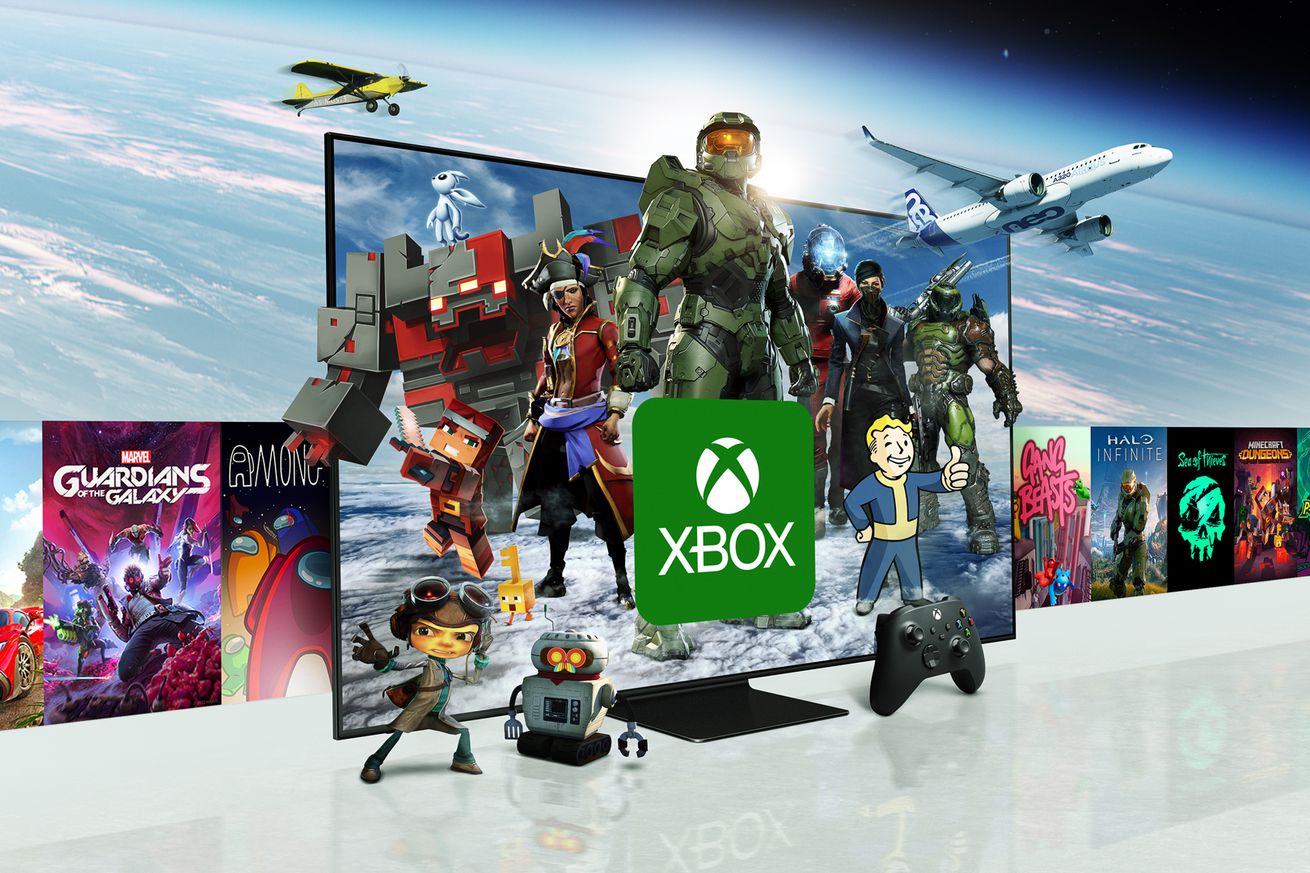
Microsoft was working on a separate ‘dedicated’ version of Xbox Cloud Gaming
Microsoft was working on a separate version of Xbox Cloud Gaming (xCloud) that wouldn’t have been tied to its premium Xbox Game Pass Ultimate subscription. During the FTC v. Microsoft hearing today, the FTC’s counsel revealed that Microsoft had been working on a “dedicated xCloud SKU” last year.
“Xbox would very much like to do it,” said Sarah Bond, head of Xbox creator experience, in September 2022 — the same month Google announced its Stadia shutdown. Microsoft has now strangely changed its mind amid regulatory concerns over cloud gaming. So what’s changed since September 2022?
“We’ve continued to get more data about the success and the popularity of xCloud. We’ve gotten more clear on the costs related to it, and we have signed partnerships with others who provide those services,” says Bond.
This is a key part of the FTC v. Microsoft hearing, as Microsoft has been arguing that Xbox Cloud Gaming (xCloud) is simply a feature and not a dedicated market. If Microsoft was planning to offer access in a similar way to Google Stadia, then that undermines its argument that it’s just a feature. But it’s clear this was never always going to be just a feature.
“We believe there is going to be 2 billion gamers in the world, and our goal is to reach every one of them,” was the message from Kareem Choudhry, head of cloud gaming at Microsoft, when the company first started talking about xCloud in 2018.
Microsoft has also been suspiciously quiet about Xbox Cloud Gaming over the past year. The company originally announced a dedicated Xbox streaming device in 2021 before confirming it was making changes to the device in May 2022. Project Keystone, as Microsoft referred to it internally, was then spotted on Xbox chief Phil Spencer’s shelf in October. Spencer told The Verge in November that the device, which was set to be a dedicated Xbox streaming console, was pushed back because of its price.
Microsoft also previously promised that Xbox Cloud Gaming would support your existing game library by the end of 2022. That never happened, and Microsoft didn’t respond to a request for comment on the delay when The Verge asked earlier this month.

